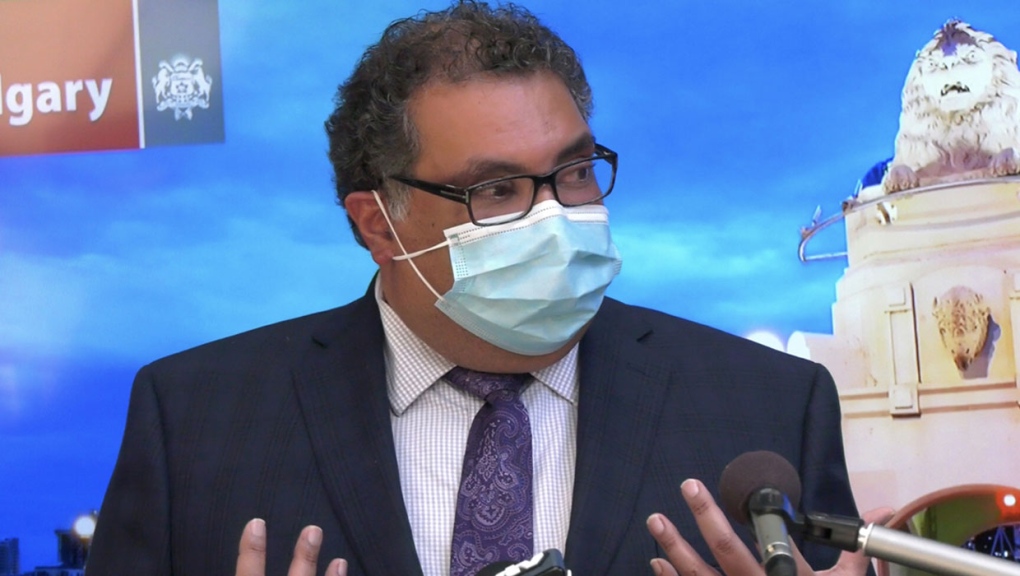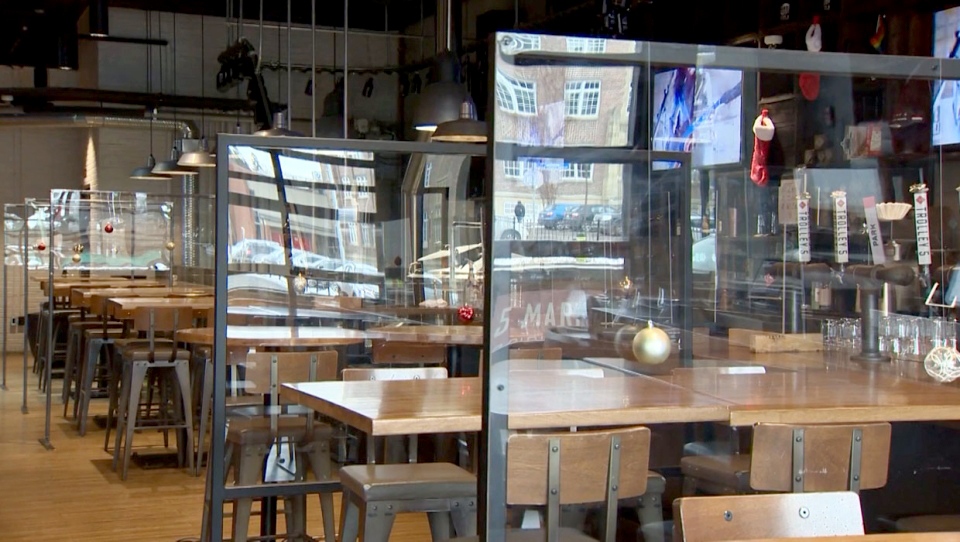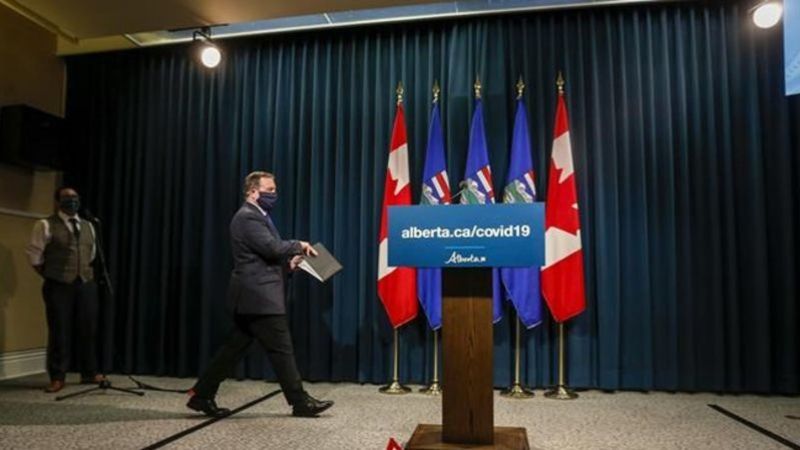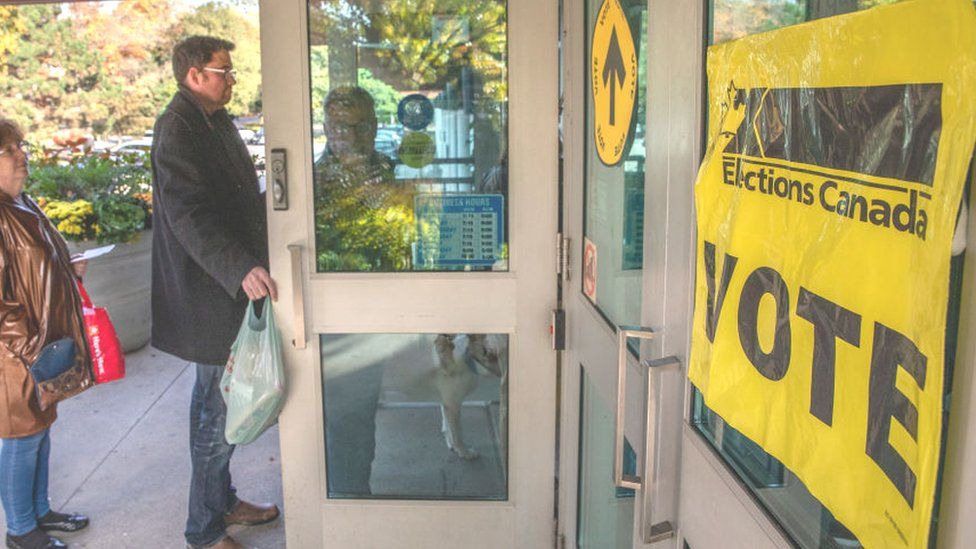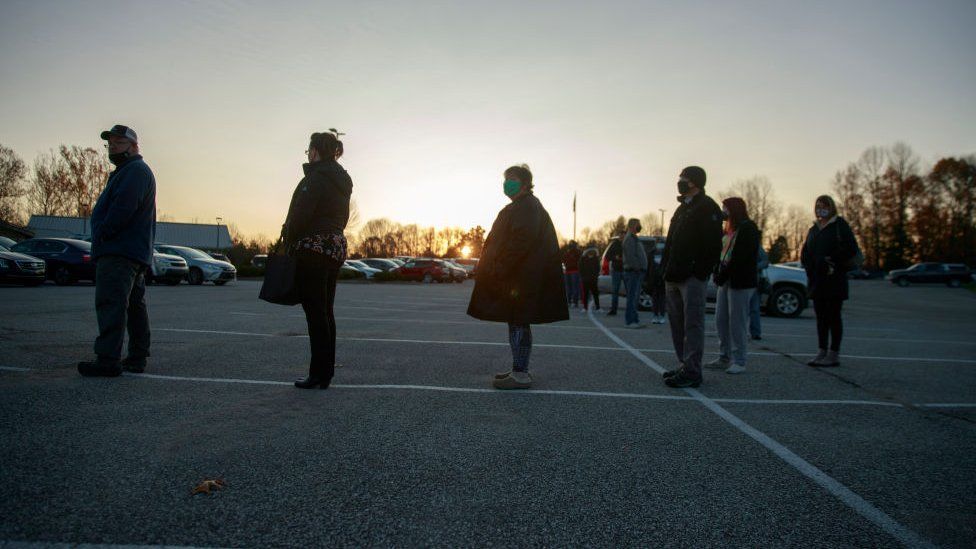BY KRISTY KILBURN
Posted Sep 15, 2021
CALGARY — Alberta Health only catches a fraction of COVID-19 cases.
That coming from Alberta’s Chief Medical Officer of Health, Dr. Deena Hinshaw on Monday — and as cases continue to rise — it may have some wondering how many daily cases we actually have.
One doctor is saying countries around the world actually don’t have an accurate representation of their daily COVID-19 case numbers — but here in Alberta the misleading comments to the public has some doctors saying, ‘I told you so.’
“It’s really simple. It’s just two elements that you need to know. That the certain variant is present and how much more transmissible it is than the variant you already had as a dominant one,” said Dr. Gosia Gasperowicz. “So, already with just those two parameters, it was possible to predict the general direction of what is going to happen in the fall. And with every day, every week going on, it was more and more clear that those predictions were correct.”
Gasperowicz is among many doctors in the province who have shared their data online.
She began modelling the Delta variant in May, and she says her models predicted exactly what occurred.
“Well, I know that they don’t look at it on purpose. Like how much they can ignore it and especially that it was ignored before the third wave.
“I was raising alarms, raising alarms. Both people from Alberta Health, scientific advisory groups, their job is to monitor these things and see what is published. To evaluate it, to read it and understand it,” Gasperowicz said.
She knows that Premier Jason Kenney has seen her modelling online as he’s mentioned it in a press conference.
She says it’s heartbreaking to put out research that is getting dismissed from officials.
By Kirby Bourne 630CHED
Posted September 15, 2021

Alberta Health Services has announced more surgeries are being postponed to free up beds for COVID-19 patients and the staff needed to care for them. But the province's former chief medical officer of health says stunningly high ICU numbers are just the beginning. Morgan Black reports.
A registered nurse in Edmonton is shining a light on what its like to be redeployed to the ICU during the fourth wave of the COVID-19 pandemic.

Natalie Caramata has been a surgical RN for 11 years. During the earlier waves of the pandemic, she was occasionally redeployed to different units for a day or two to help out, but found herself redeployed to the ICU indefinitely on Sept. 2.
Caramata is one of many nurses who has been redeployed to the ICU to assist with the rise in COVID-19 cases. In order to free up space and health-care workers, Alberta Health Services has been forced to postpone significant numbers of surgeries since the middle of August.
“It was shocking because I have never worked in the ICU in my career,” she said. “I have no cardiac monitor training, I have no critical care training whatsoever.”
Caramata — like other nurses redeployed to the ICU — is limited in what care she can provide there. Basic patient care like administering medications, mixing IV medication, checking blood sugar or blood pressure is consistent across the board, she said, but she can’t handle anything to do with ventilation or monitors.
“Basically, we do what we can do so that the ICU nurses can do what we can’t,” she said.

That includes sometimes standing there and watching the patient to make sure they don’t move and rip out any of their leads. If something happens, often all Caramata can do is call for an ICU nurse.
“That’s very scary,” she said. “I am used to being competent in what I’m doing, and if something was to go wrong, I could act very fast and do what needs to be done. In this case, sometimes the only thing I can do is call for help and start putting on the PPE so I can go in the room.
“But it’s scary because I don’t know what to do when I’m in there. The monitors are beeping (but) I’m not trained on what all those other numbers mean, where all the leads are on the patient’s body — I’m not trained in that area.
“I can be an extra set of hands, but I can’t really jump right in and do what needs to be done.”
READ MORE: What happens when COVID-19 patients take up all surgery, ICU capacity in Alberta?
While Caramata calls the ICU nurses some of the most dedicated, amazing people she’s ever met, the reality, she says, is there just aren’t enough of them. She says the ones that are there are run down and exhausted, caring for more patients than they normally do.
And when COVID-19 ICU and hospitalization numbers weren’t as high as they are now, those nurses didn’t get a break as they cared for post-surgery patients who needed ICU care.
Caramata says the threat of Alberta having to activate an ICU triage document is now looming over the hospital too.
It’s something that nobody ever wants to do,” she said. “They go into medicine to save lives, not to decide who gets to live and who doesn’t.
“It doesn’t make it any easier, but it’s going to be necessary. People need to know… it’s so scary. Nobody ever wants to have to do that.”

As of Sept. 14, 71.4 per cent of eligible Albertans 12 and older were fully vaccinated with two doses of COVID-19 vaccine. Caramata is pleading with those who are unvaccinated or only have one dose not to wait to get their next jab.
“It’s bad and it’s going to get worse and it’s scary,” she said. People are dying.
“Trust the science. Just trust the science like you trust the pilot, like you trust the architect. Trust the professional.”
Alberta broke another record for number people with COVID-19 in ICUs on Wednesday. There were 877 people in hospital receiving care for the novel coronavirus, with 218 of those people in the ICU.
The province also confirmed an additional 1,609 new cases of COVID-19 on Wednesday. Full numbers are available in this story.
© 2021 Global News, a division of Corus Entertainment Inc.



